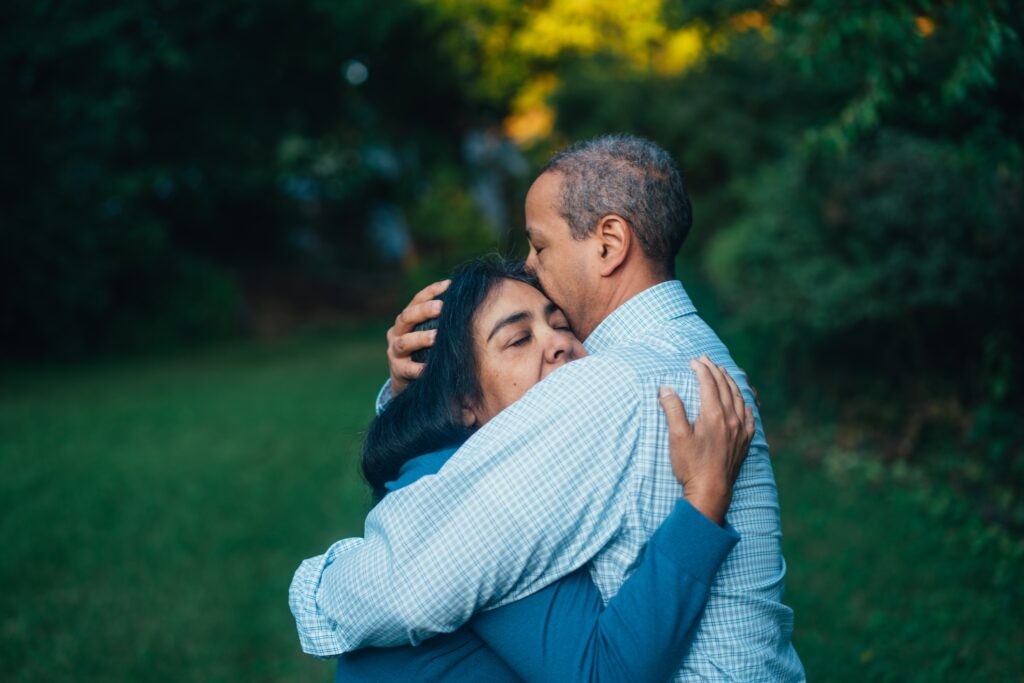
The following article is a collection of observation that I’ve collected in my counselling practice working with clients. These findings are not based on scientific research but show practical experiences of relationships that worked better as an effect of one or multiple of these tips.
Tip #1: Show gratitude
Sounds simple but ask yourself: How often do you show or express gratitude for the things your partner does, says or simply is? The little mundane things that you do for each other on a daily basis mean a lot more if the other affirms them.
Tip #2: Share daily
Couples that make it a practice to have a daily sharing time, where they stop all other activities and simply talk to each other, show longevity in their relationship.
Tip #3: Respect
The person we seemingly love the most sometimes does not get the same percentage of respect they deserve. Why do you think that is? Because they also push the most sensitive buttons. Practice respecting the person, without necessarily having to like all their behaviours.
Tip #4: Positive interactions need to outweigh negative
According to relationship expert John Gottman, couples that thrive have a ratio of five positive interactions to one negative. Even when in relationship difficulty I see couples, which have more positive interaction than negative, are more likely to get through a rough patch.
Tip #5: Attention
When couples have been in relationships for a while their attention for one another seems to become less focused. We take our partner for granted, don’t we? How about giving them undivided attention in the little things we do, like kissing the other good-bye, when leaving for the day.
Tip #6: Connect
Spend some time each day connecting with each. This might be achieved by sitting with each other and simply looking at each other, holding hands or, following a tantric exercise to place the palm of your hand onto the heart area of your partner while looking into each other’s eyes and synchronizing your breathing. Watch what happens as you try it.
Tip #7: Laugh together
Humor is such a good remedy and connector. Share a funny video with each other or tickle your partner.
Tip #8: Recognizing repair attempts
After a challenging incident with your partner there is usually one or the other offering a hand, a smile or something to re-connect. Ask yourself: Is there one of us who is more often saying sorry? How about changing this pattern? You might surprise yourself and your partner.
Tip #9: Do something unexpected
Once in a while do something ‘out of the blue’. Relationships can become stale if we follow in a rut. Write a love note to your partner and leave it in his briefcase or on the mirror in the bathroom for him or her to find later. Wash the dishes, if it is usually your partner’s chore or bring the rubbish out without being asked. Little things make the difference.
Tip #10: Be willing to grow
Relationships are your jet plane to enlightenment, as I keep saying to my clients. If you expect things to run smoothly all the time, I’ll promise you’ll be struggling. Why not instead be willing to learn and grow from challenges and open up to the possibility for change?

